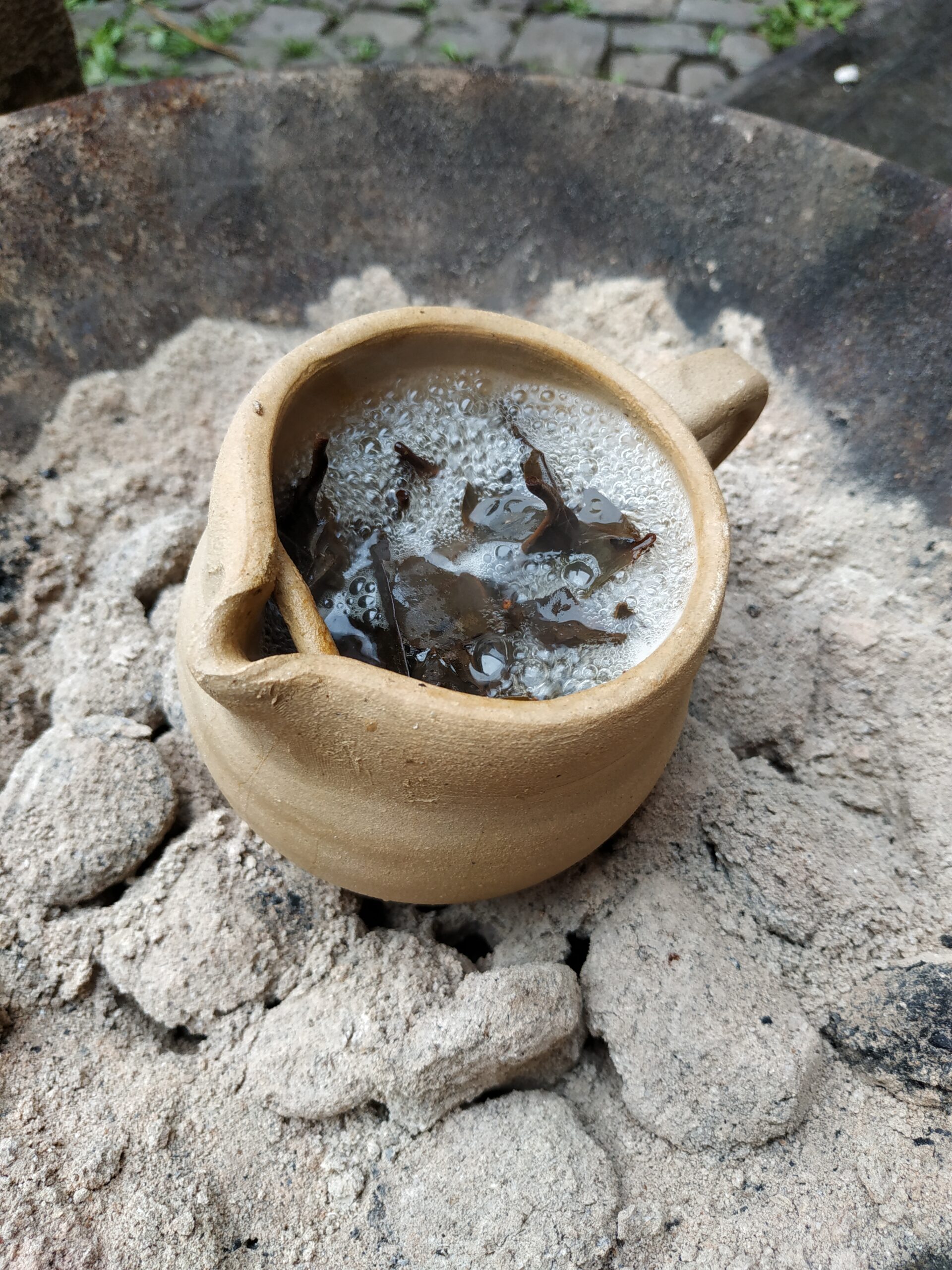Description
Matching Yunnan Tea and Guangxi Tea
For ancient tea tree enthusiast Tea Fever
To book our online workshops, just contact us in advance to book the time.
As the center of the world’s tea native place and one of the important birthplaces of Chinese tea culture, Yunnan has a long history of tea planting and processing. The development of Yunnan tea began in the Shang and Zhou dynasties. Chang Qiang, the king of Yunnan, surrendered to the Han Dynasty. Emperor Wu gave a gold seal of the king of Yunnan to establish the state of Yunnan. Nanzhong mentioned in Lu Yu’s tea classic of the Tang Dynasty (775-780 AD) was the general name of the whole Yunnan, Northwest Guizhou and southwest Sichuan at the end of the Eastern Han Dynasty. Yunnan tea was already famous at that time.
During the Tang and Song Dynasties, Yunnan tea was mainly produced in southern Yunnan, with extensive harvesting and drinking methods of adding spicy and other ingredients. Yunnan tea has been sold to Tibet and other places. The name of Pu’er tea first appeared in the Ming Dynasty and flourished in the Qing Dynasty. In the fifth year of the Republic of China (1916), Yunnan Tuo tea was first finalized and processed into the current bowl shaped Tuo tea. This shape has been formed after many years of storage, transportation and sales practice, and has a history of more than 70 years. The bowl shaped nest has the function of ventilation and preventing mildew, and has become one of the best-selling varieties in China and abroad. Since 1973, Yunnan Tea Import and Export Corporation has been exporting Pu’er tea and black tea on its own. In order to meet the demand for Pu’er tea in the export market, modern Shu Pu’er tea was successfully trial produced in Kunming tea factory. At the end of the 20th century, with the development of Pu’er tea fever and Pu’er tea cultural activities in Taiwan, Guangdong and then Yunnan, Yunnan Pu’er tea quickly entered the growth period, became people’s favorite tea, and also became people’s favorite collection of “drinkable antiques”.
In 1990, several young teachers of Yunnan University walked along the border between Yunnan and Tibet, Sichuan and Tibet to investigate history and culture, and first put forward the academic concept of “ancient tea horse road”, which was later widely pursued by academic circles in China and abroad, which triggered a hot research and tourism of “ancient tea horse road” in the world, making “ancient tea horse road” a popular symbolic cultural symbol in China and abroad in recent years. In recent years, Yunnan has deeply explored the cultural value of the “ancient tea horse road”, collected and sorted out the history, legends and legends related to Yunnan tea, and built a number of Tea Expo parks, tea museums and tea experience stores with strong tea cultural characteristics.
Yunnan produces good tea, Yunnan people love to drink tea. The 26 ethnic groups living in Yunnan love and drink Yunnan tea in their own different ways. There is always an unquenchable fire pond boiling tea in Yunnan families, and the courier station always provides tea to caravan. Yunnan not only attracted many local tea merchants in Yunnan to buy tea, but also made tea merchants from Fujian, Zhejiang, Guangdong, Anhui and other places take root here for a long time. From time to time, foreign tea merchants from South Korea, Japan, the United States, Russia and Europe come here to negotiate business. The gradually affluent Yunnan people of all ethnic groups in Yunnan, they can finally enjoy the leisure fun of relaxing tea tasting after intense work and labor.
Contact us for an appointment:
Email: info@liu-tea-art.com
Tel.: 0049/51819010891
Address: Immserstr. 22 Alfeld (Leine) 31061 Germany




















































